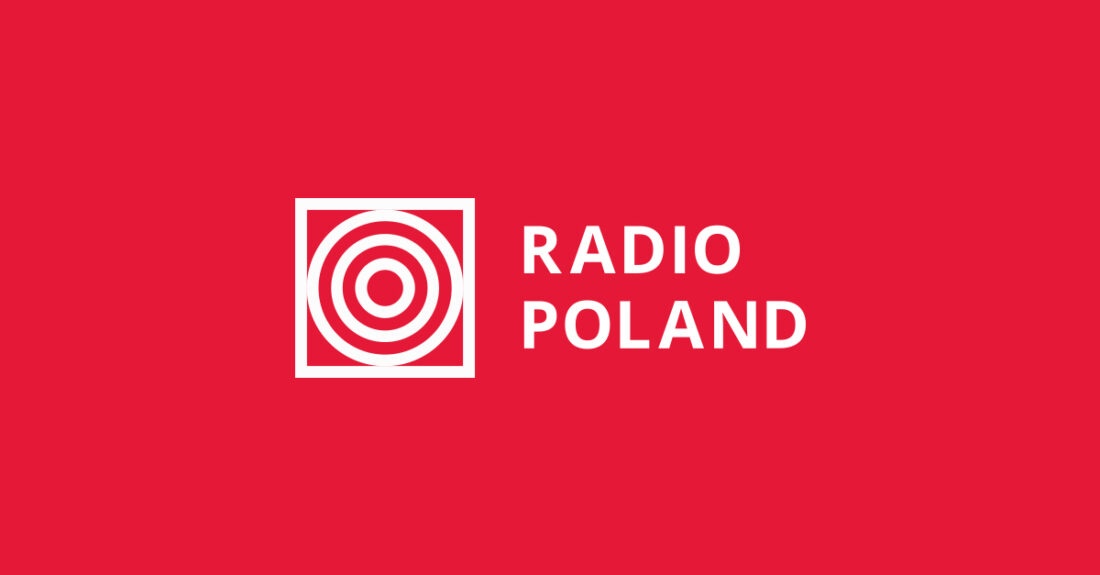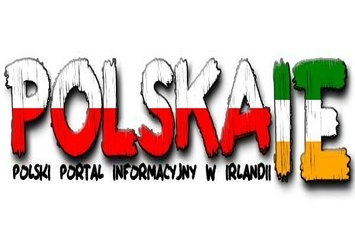IAEA chief aims to present Zaporizhzhia deal to UN this month: reuters

By John Irish and Francois Murphy PARIS/VIENNA, May 12 (Reuters) – U.N. nuclear watchdog chief Rafael Grossi plans to present an agreement with Russia and Ukraine on protecting the Zaporizhzhia nuclear power plant to the U.N. Security Council this month, indicating a deal is close, four diplomats have told Reuters.

The Vienna headquarters of the International Atomic Energy Agency (IAEA).Photo: PAP/DPA/Daniel Kalker
International Atomic Energy Agency (IAEA) chief Grossi has been trying for months to secure an agreement to reduce the risk of a catastrophic nuclear accident from military activity like shelling at Europe’s biggest nuclear power plant, which is in Ukraine and has been occupied by Russia for more than a year.
With Ukraine preparing a counteroffensive in the area, there is a risk that fighting near the plant and its six reactors will intensify.
Russia and Ukraine have blamed each other for shelling that has repeatedly downed power lines vital to cooling the reactors and preventing a nuclear meltdown.
„It looks promising,” one diplomat said about securing an agreement. Others said Ukraine, which long opposed the plan, now backed it while Russia’s position was less clear.
„The plan is (to present it to the Security Council) this month but the exact date has not been fixed yet,” the diplomat said, adding that Grossi was liaising with Switzerland, which holds the monthly Security Council presidency, on the date.
Diplomats said Grossi would outline the so-called „principles” on protecting the plant that should by then have the backing of Russia and Ukraine. Some of these have long been known, such as neither firing at or from the plant.
Grossi has repeatedly warned of the risk of a severe accident at the plant and the need for urgent action to protect it.
Asked for comment, the IAEA said he „remains engaged in intense negotiations with all the involved parties to secure the protection of the Zaporizhzhia Nuclear Power Plant”.
His plan has changed over time as parts have been opposed by one side or the other.
It was originally supposed to be a „protection zone” within a defined radius around the plant, but that idea has long been abandoned.
Other principles that diplomats have been listing for months include barring heavy weapons from the plant, even though there is no clear definition of what heavy weapons are.
Two diplomats said this week that the principles also included no military personnel at the plant, although Russia has argued that armed men present there do not meet that definition.
Another recently added item is that there should be no attacks on the Ukrainian staff operating the plant, one diplomat said.
When presented with the list, a third diplomat said the principles had been „refined slightly”, without elaborating, indicating that the situation remains fluid.
Grossi has got to a similar stage in talks before, having held discussions with the then-Maltese presidency of the Security Council on presenting the principles in February, diplomats said at the time.
That presentation never happened, however, as it became clear Ukraine did not back it.
There are also doubts as to the viability of this plan to protect Zaporizhzhia, given the limited means available to police and enforce it.
The IAEA currently has a handful of staff stationed at Zaporizhzhia – nuclear rather than military officials.
Even if their numbers were to increase, while they could tell if damage had been caused to the plant by shelling they would be poorly equipped to determine who had fired the shells and from where.
„I still wonder how anyone is going to enforce or even monitor any of this,” one Vienna-based diplomat said.
(Writing by Francois Murphy; Editing by Nick Macfie)





